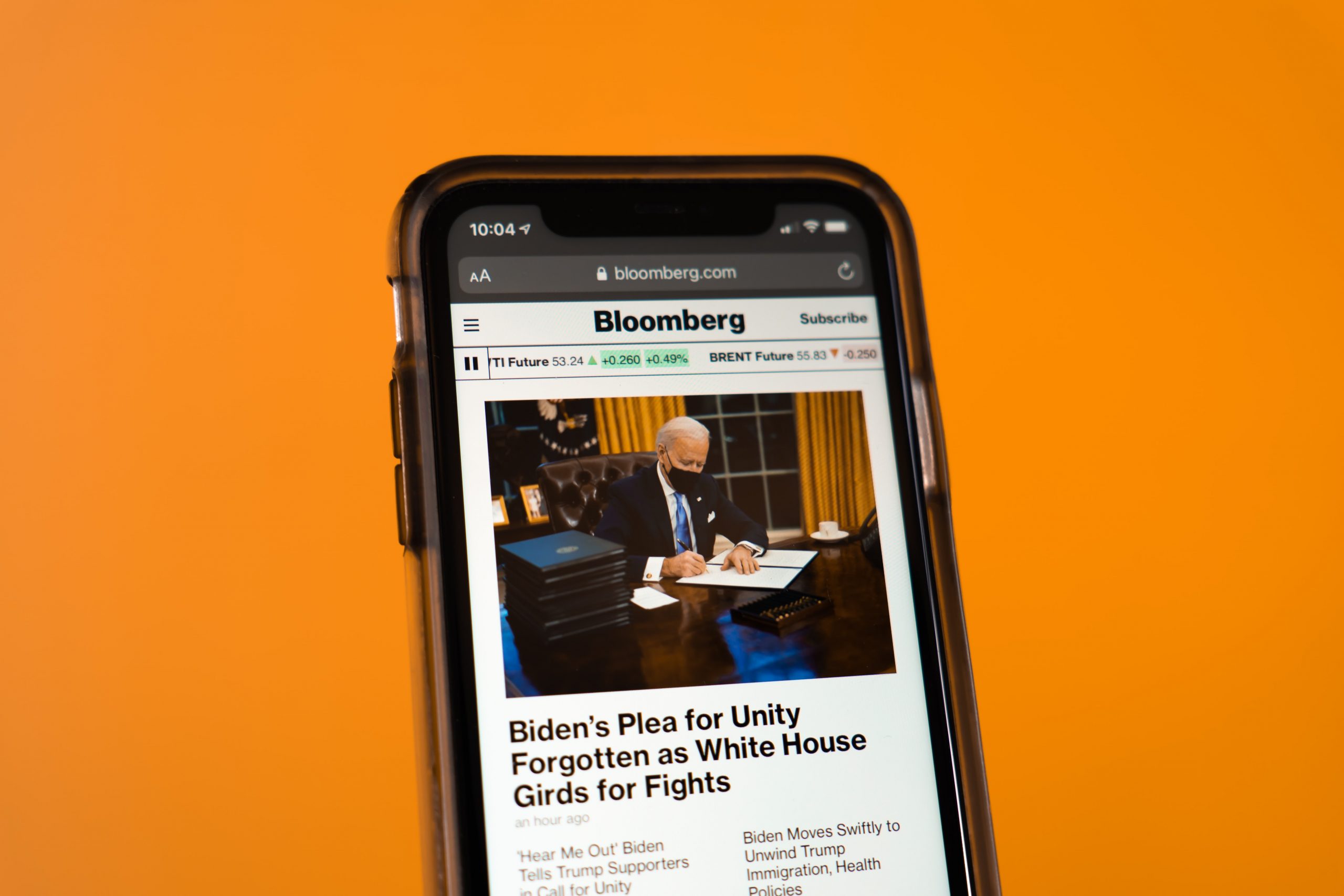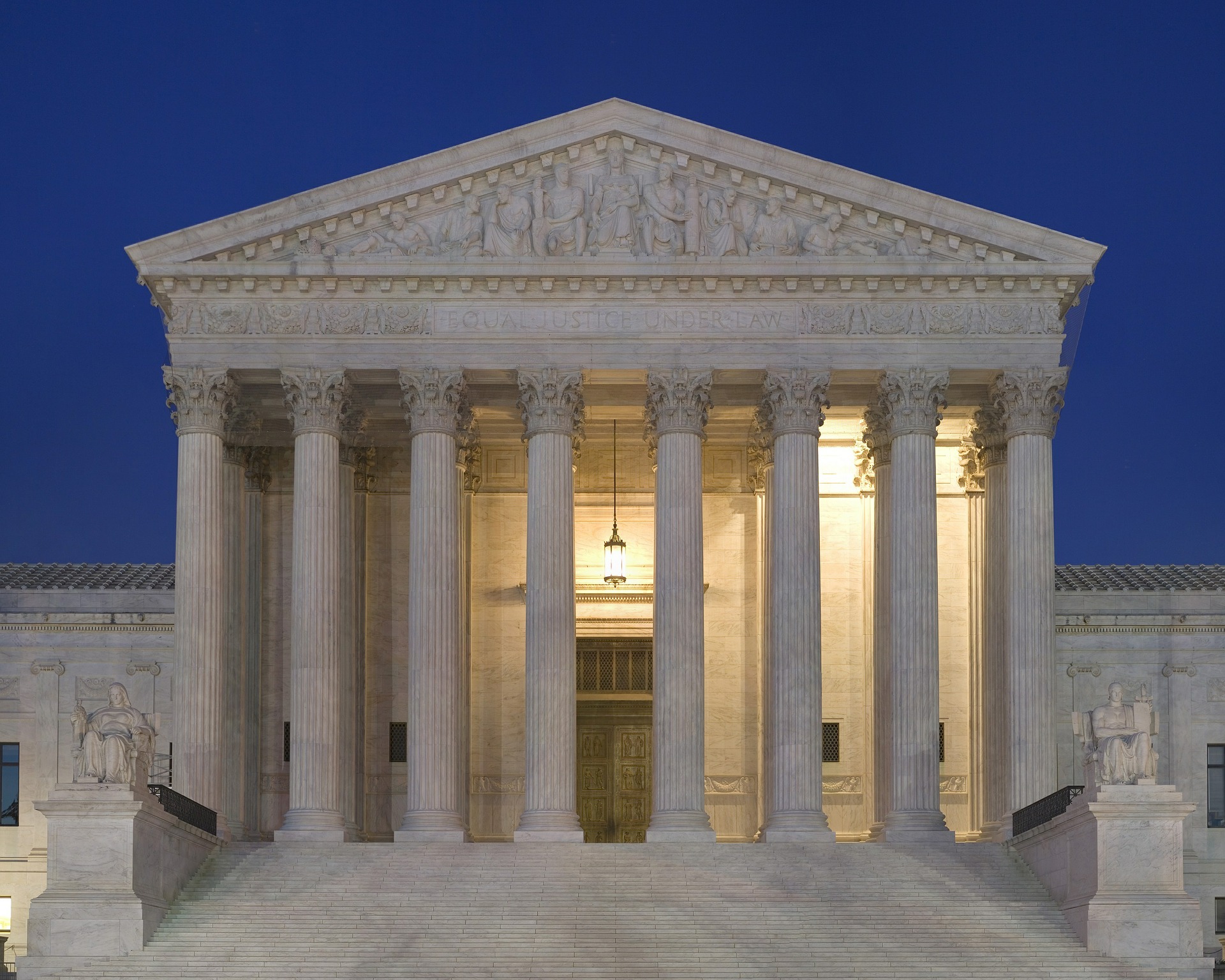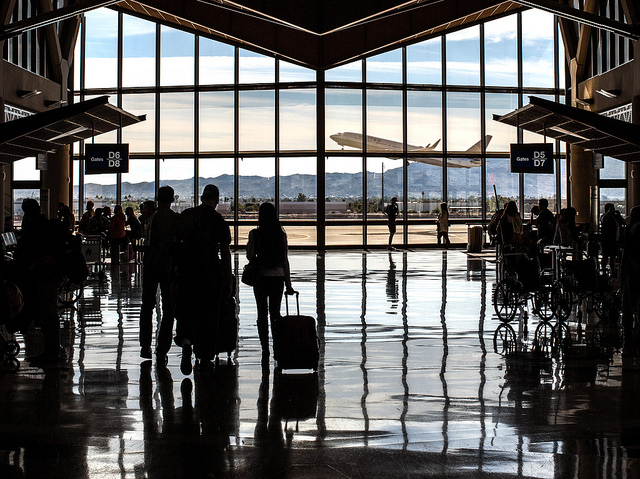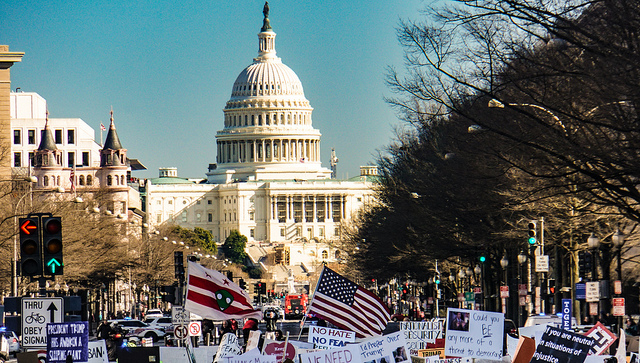
President Biden has been hard at work during his first days in office, releasing a flurry of Proclamations and Executive Actions on immigration, that reverse many of the controversial policies passed by former President Donald Trump.
Due to the volume of Proclamations being signed, our office will break down each of these actions on immigration during the next few weeks, and provide you with detailed information on what each Proclamation means and how you may benefit.
We encourage our readers to bookmark this page and follow our social media platforms as the Biden administration gears up to release even more executive actions on immigration in the coming days.
What is the Biden Proclamation all about?
On January 20, 2021, President Biden signed a number of orders including, “Proclamation on Ending Discriminatory Bans on Entry to the United States.” This Proclamation immediately revokes the four presidential actions taken by the previous administration, which banned individuals from predominantly Muslim and African countries from entering the United States.
The presidential actions being revoked are as follows:
*A brief overview of each action is discussed further below
(1) Executive Order 13780 “Protecting the Nation From Foreign Terrorist Entry Into the United States”
(2) Proclamations 9645 “Enhancing Vetting Capabilities and Processes for Detecting Attempted Entry Into the United States by Terrorists or Other Public-Safety Threats”
(3) Proclamation 9723 “Maintaining Enhanced Vetting Capabilities and Processes for Detecting Attempted Entry Into the United States by Terrorists or Other Public-Safety Threats” and
(4) Proclamation 9983 “Improving Enhanced Vetting Capabilities and Processes for Detecting Attempted Entry Into the United States by Terrorists or Other Public-Safety Threats”
What do you need to know about Biden’s Proclamation?
Biden’s decision to revoke these actions by his predecessor means that all Embassies and Consulates must immediately resume visa processing for nationals affected including Syria, Iran, Libya, Somalia, Sudan, and Yemen, Chad, Venezuela, North Korea, Burma (Myanmar), Eritrea, Kyrgyzstan, Nigeria, Sudan, and Tanzania.
Of course Embassies and Consulates are still conducting a phased reopening of routine visa services and are operating on a limited post by post basis. However, this is a step in the right direction because it means that Embassies and Consulates can no longer refuse to issue visas because these Proclamations are no longer in force.
Most importantly, President Biden has directed the Department of State to develop a system by which previous applicants who were being considered for a waiver of the restrictions can expedite their pending visa applications.
Continue reading
 A new article published in the New York Times reveals the 43 countries that are reportedly included in President Trump’s new travel ban, expected to be released by executive order on Friday March 21st.
A new article published in the New York Times reveals the 43 countries that are reportedly included in President Trump’s new travel ban, expected to be released by executive order on Friday March 21st. Visa Lawyer Blog
Visa Lawyer Blog






